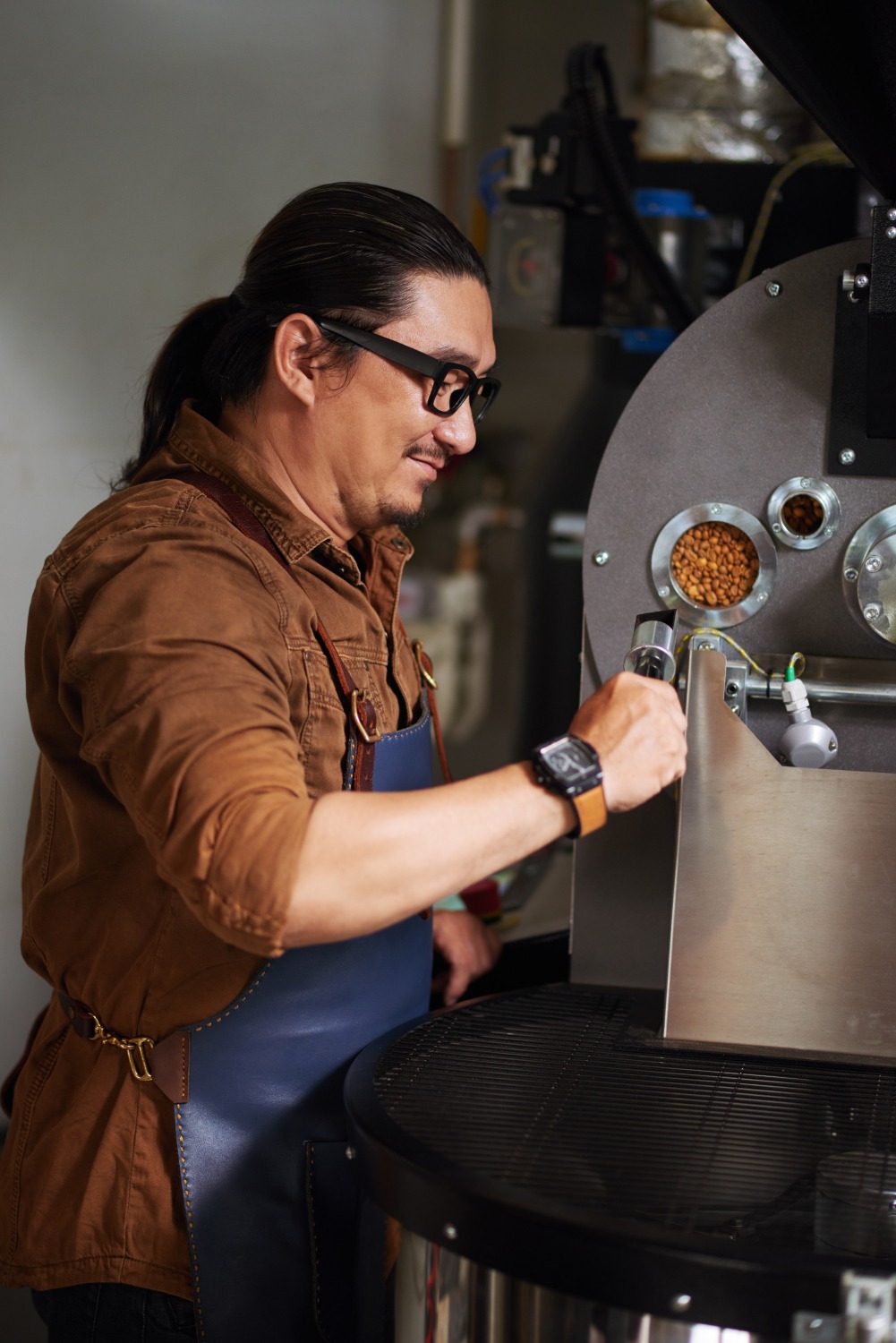The Art of Artisan Coffee: The Master Roaster and the Secrets of Roasting
The master roaster (or master roaster) is the one who best knows the coffee, its origin, height at which it is grown, when it was harvested, virtues and defects of the bean... let's learn a little more about this key figure in the preparation of a coffee. good artisanal coffee.
What is a Master Roaster?
A master coffee roaster is a key figure in the production of high-quality coffee. This person is responsible for transforming the green coffee into a ready-to-consume product. With roasting, the substances that give the sensory characteristics and personality to a certain coffee are obtained.
Necessary Knowledge to be a Master Roaster
To be a master roaster, a series of skills and knowledge are required. These include:
- Knowledge about green coffee and tasting to choose the best beans to roast.
- Knowledge of the origin of the coffees and the date they were harvested.
- Ability to identify the profile of coffees.
- Information on the variety, density, size, homogeneity, processing and freshness of the grains.
- Ability to identify grain defects.
- Observation of the barista's activity and the use he gives to roasting to implement the most appropriate roasting method.
- Ability to detect the virtues of the grain and create a roasting curve to enhance them.

Image from pressfoto on Freepik
Keys and Mysteries of Artisanal Coffee Roasting
Coffee roasting is one of the key parts of the production process, which is decisive in obtaining the necessary nuances that define the personality that characterizes this drink. Each coffee has its ideal roast and each preparation method will require a different roast.
Coffee Varieties
There are several varieties of coffee, and their flavor and aroma can vary significantly depending on the type of roast used.
Factors That Can Affect the Quality of Good Coffee
Ground Coffee
Coffee grinding is the process of converting coffee beans into smaller particles, which are used to prepare the drink. The quality of the grind directly affects the flavor, aroma and body of the coffee. Ground coffee that is too fine can result in over-extraction, where the coffee becomes bitter and unpleasant. On the other hand, a coffee ground that is too coarse can lead to under-extraction, producing a tasteless and bodyless cup.
Environmental factors
The changing conditions of environmental factors generate both positive and negative effects on crop yields, and in turn become one of the least predictable aspects for agriculture, becoming one of the greatest challenges, since the environmental, economic and social point of view.
Roasting Technique
Roasting involves a complete change in the chemical content of the coffee. During this process, polysaccharides decrease, sucrose is degraded, proteins decrease, lipids and caffeine remain close to their initial proportion, trigonelline and chlorogenic acids decrease, acids and ashes increase, and melanoidins are created.








